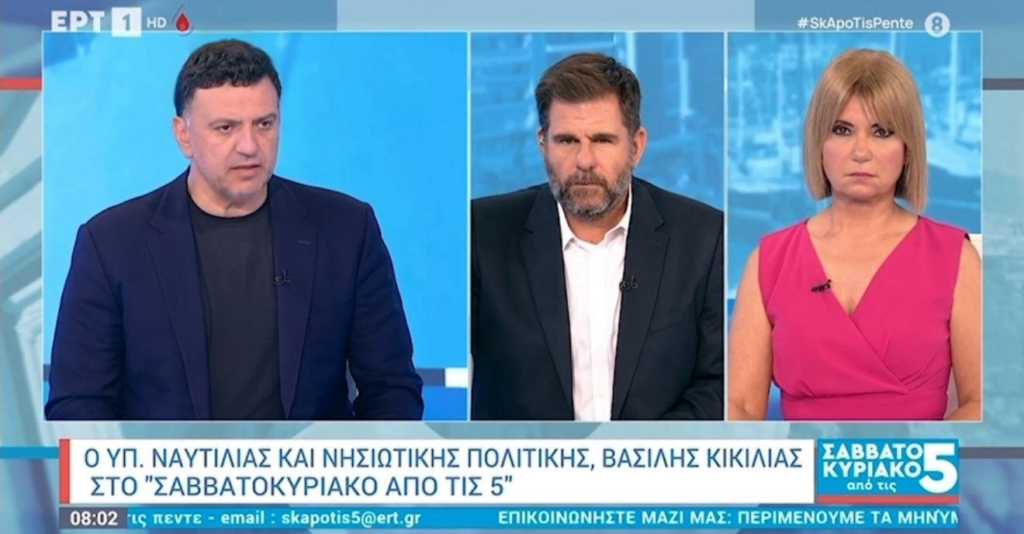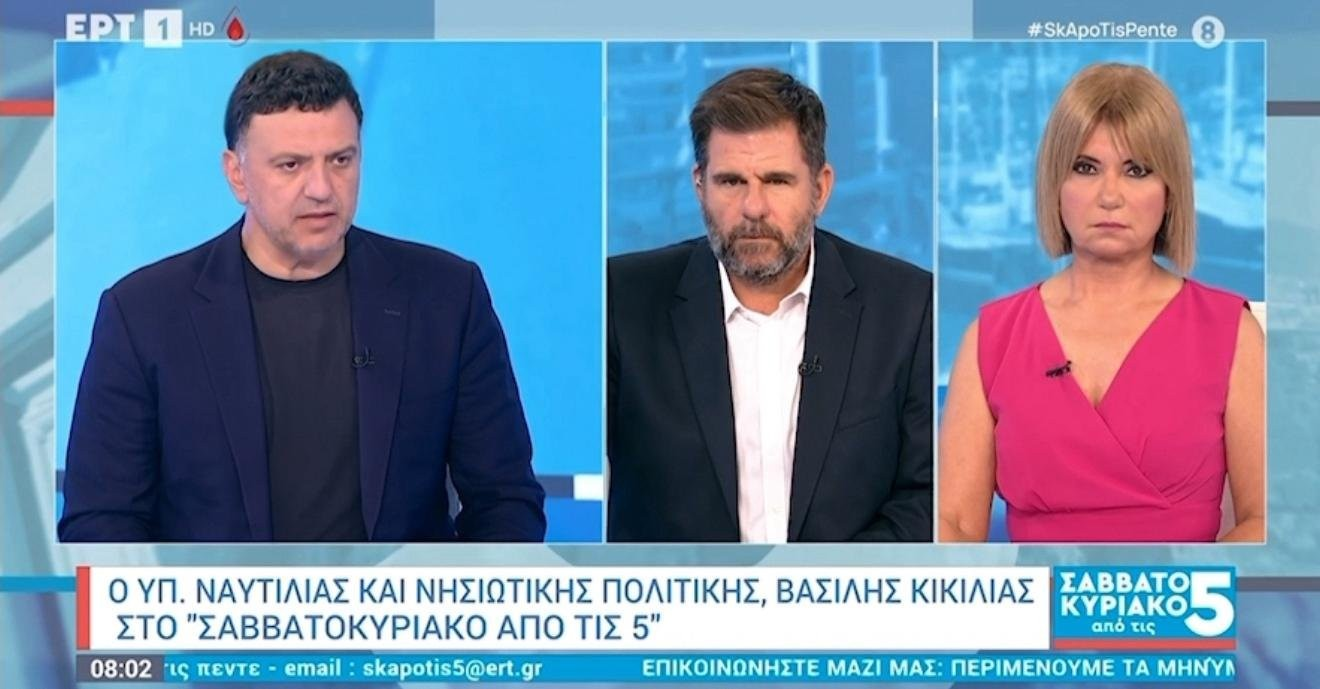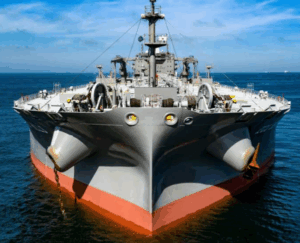
Merchant shipping is continuing to pass through the Strait of Hormuz despite Israel’s attacks on Iran on Friday. In a major escalation, Iran has launched a wave of retaliatory strikes in response to Israel’s attacks on its nuclear and military facilities on June 13. Greece has issued repeated instructions for Greek-flagged and Greek-owned ships approaching the area as the long-running conflict between Iran and Israel escalated after Israel’s attack early Friday on Iranian nuclear and military targets.
Guidelines have been issued by the Operations department of the Hellenic Coast Guard to Greek-flagged and Greek-owned ships sailing near the Strait of Hormuz, and data is revised every six to twelve hours. Ships of Greek interests make up twenty percent of the global fleet, which statistically means a large number of them is also at the affected area.
Speaking to the Greek public broadcaster, ERT, the minister of maritime affairs and insular policy, Vasilis Kikilias warned of far-reaching geopolitical consequences.
“Our first concern is the safety of our seafarers, of ocean-going shipping, of our ships under the Greek flag, but also of Greek-owned ships – which constitute 20% of the world fleet – therefore, a large number of our ships are also in the region”, emphasized the minister Vasilis Kikilias, in an interview with media channel ERT and journalists Dimitris Kottaridis and Nina Kasimati, referring to the geopolitical crisis in the Middle East and the escalating tension in the Strait of Hormuz.
The minister noted that the Operations department of the Hellenic Coast Guard Headquarters has already issued repeated instructions for Greek-flagged ships or Greek-owned ships approaching the area and there is a continuous update of the data every six and twelve hours.
Asked about the possibility of the Strait of Hormuz being closed, he described it as “the worst possible scenario”, underlining that if this happens, it will lead to further escalation of an already “worrying and dangerous situation, which is not under control”.
“Those who believe that a military conflict against a regime that threatens the existence of another state – as Iran threatens Israel – can have a predictable scope, are wrong. Let me remind you that some believed that the Russian-Ukrainian war would end in a few days. It did not happen. Now we have a new escalation with Gaza and increasing tension throughout the Middle East, even between India and Pakistan. The situation is very serious”, he said characteristically. As he said, everyone’s goal should be diplomacy and de-escalation, however “at the moment I see exactly the opposite, you see attacks that continue”.
Regarding Friday’s meeting of the Governmental Council for Foreign Affairs and Defence (KYSEA), in which he participated, he said that there was a full briefing by the relevant authorities on the situation in Israel, Iran and the Strait of Hormuz.
As he stressed, “it is obvious that the levels of alert and vigilance are rising” and that “all European countries are thinking, in advance, how they will organize themselves for possible targets on the European Continent”.
“Power and interest define the global chessboard. It is difficult to de-escalate a situation or end a conflict. With great care, seriousness and professionalism, we are focusing on the problem and trying to find solutions, even if we are not on the front lines,” he said.



